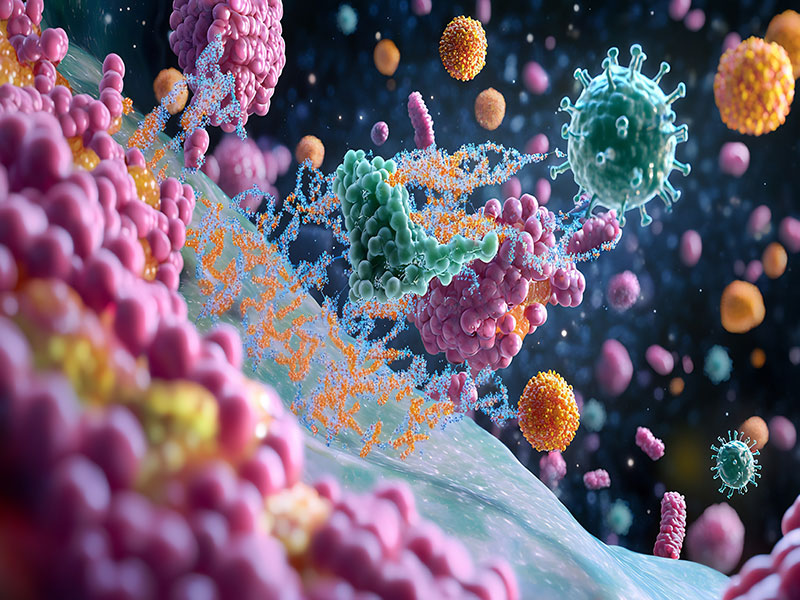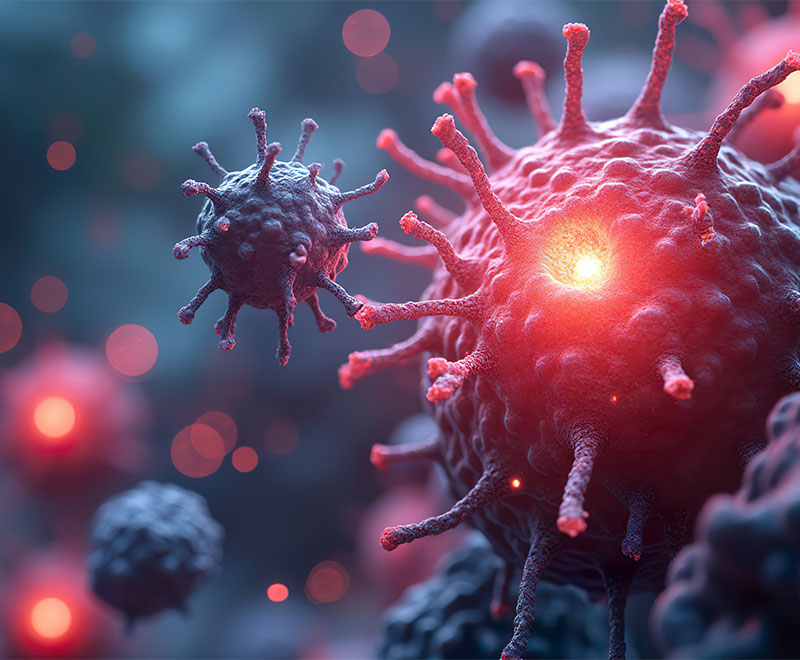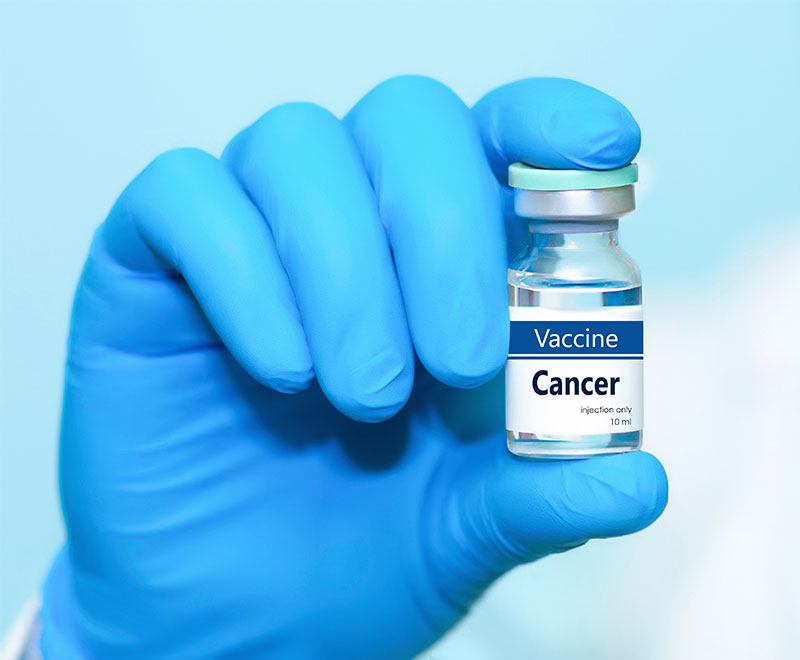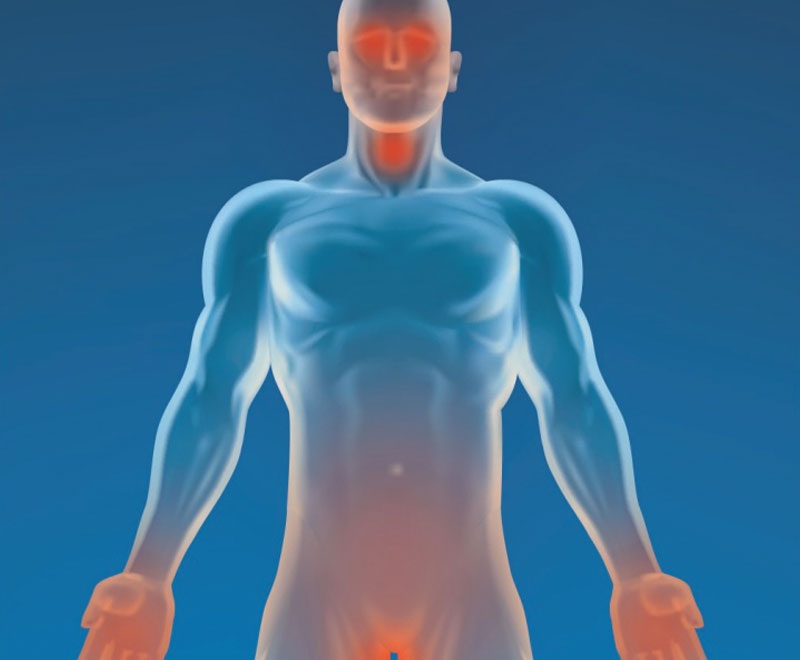Nasal Spray Blocks Infuenza in Mice

Scientists at Ohio State University have created an antibody that was successful in protecting a majority of the tested mice from lethal influenza (flu) doses, even preventing some from experiencing any symptoms at all.
New Antibiotic Enters Phase III Trials to Fight Superburg

Roche’s novel antibiotic zosurabalpin is entering Phase III testing to determine its effectiveness in protecting against carbapenem-resistant Acinetobacter baumannii (CRAB), am antimicrobial resistance (AMR) drug, or “superbug,” that is considered an “urgent threat” by the Centers for Disease Control and Prevention (CDC).
Grifols Receives $21M to Study Parkinson’s Plasma Samples

Grifols has received $21 million from the Michael J. Fox Foundation to fund a pilot study analyzing the company’s repository of longitudinal Parkinson’s disease (PD) plasma samples in hopes of developing an early-warning system for the emergence of PD.
Common Virus May Cause a Type of Alzheimer’s

Researchers have discovered a link between a chronic gut infection caused by cytomegalovirus and the development of Alzheimer’s disease in some people.
Grant Allows UCLA to Launch Autoimmunity Center to Find Cures

The National Institutes of Health has awarded a $3.4 million grant to help establish a new Autoimmunity Center of Excellence at the University of California, Los Angeles.
Lab Value Predictive of COVID-19 Disease Severity in Children

A study has found measurements of C-reactive protein (CRP), lactate dehydrogenase (LDH) and albumin are potentially predictive markers for disease severity in children hospitalized with COVID-19. The multi-center retrospective cohort study at four pediatric referral hospitals in Iran between April 2020 and March 2021 assessed the discriminative ability of laboratory and clinical parameters to pinpoint […]
Changes in Immune Cell Gene Activity May Indicate Probability of Developing MS

Individuals with multiple sclerosis (MS) have high levels of immune cells called cytotoxic T cells, which normally help kill cancer and cells infected by germs. In MS, these cells accumulate in areas with visible myelin damage, but until recent study results, the role the cells play in the disease had remained unknown. In a study […]
mRNA Cancer Vaccine Begins Trials for Non-Small Cell Lung Cancer

An mRNA vaccine has entered human trials as a treatment for lung cancer. Unlike traditional cancer vaccines such as the HPV vaccine, BNT116 is a therapeutic cancer vaccine designed to reduce tumor growth in patients with cancer or prevent its recurrence. BNT116 contains the genetic code for six molecules frequently seen in non-small cell lung […]
Multi-Million Dollar Grant Awarded for Organ Transplantation Research

Researchers at the Terasaki Institute for Biomedical Innovation have been awarded a multi-million dollar grant from the NIH to advance research in organ transplantation and antibody mediated rejection.
In the R&D Pipeline: New Agents to Prevent and Treat Hereditary Angioedema Attacks

A number of promising new agents in the R&D pipeline are likely to be approved in the very near future, expanding an already impressive range of treatment options — while further increasing the complexity of the HAE management decision process.
